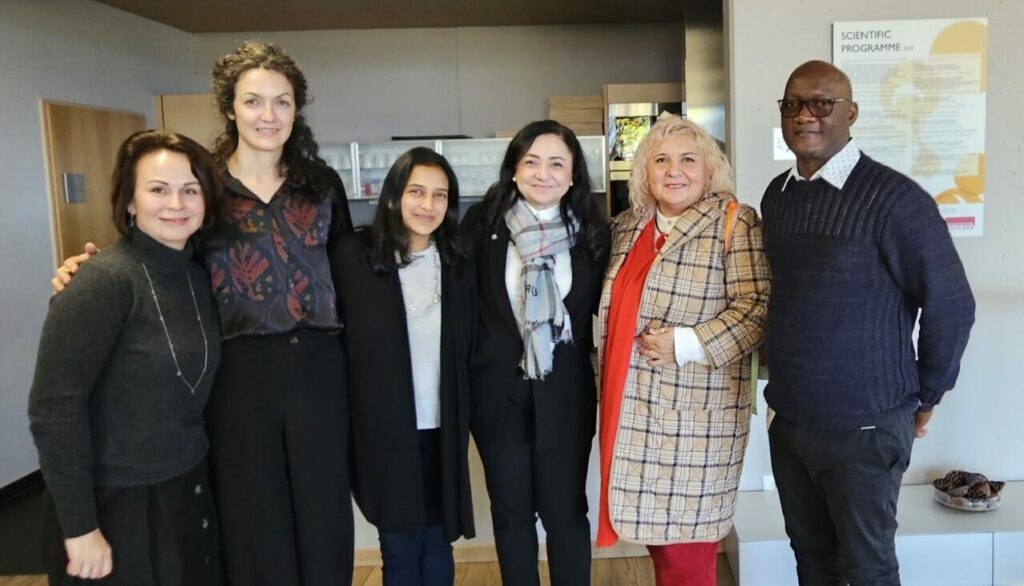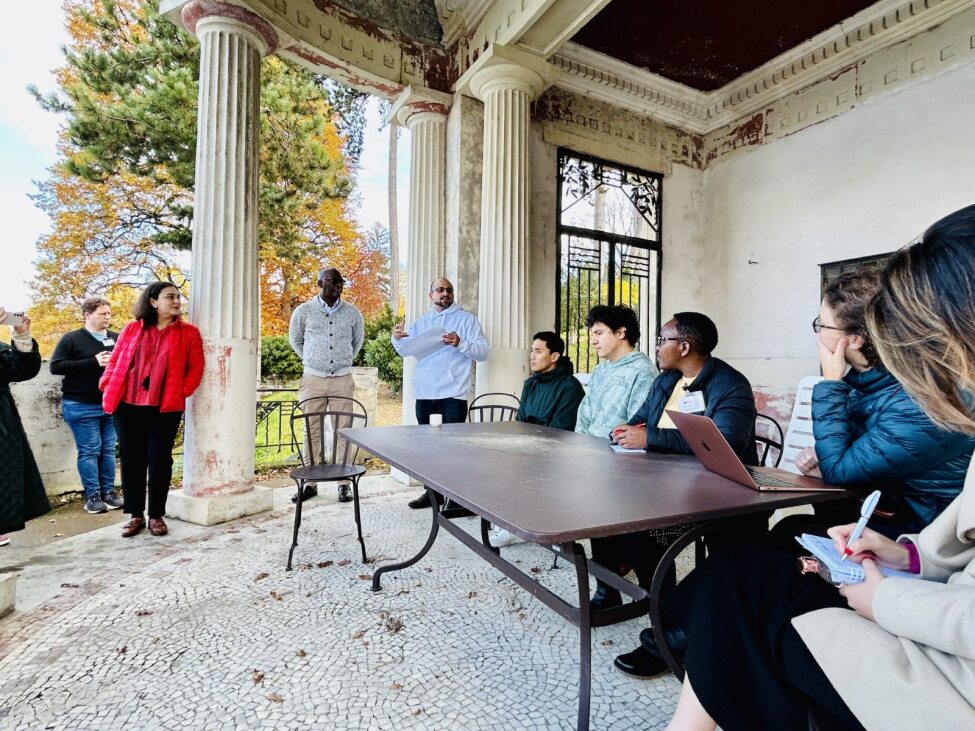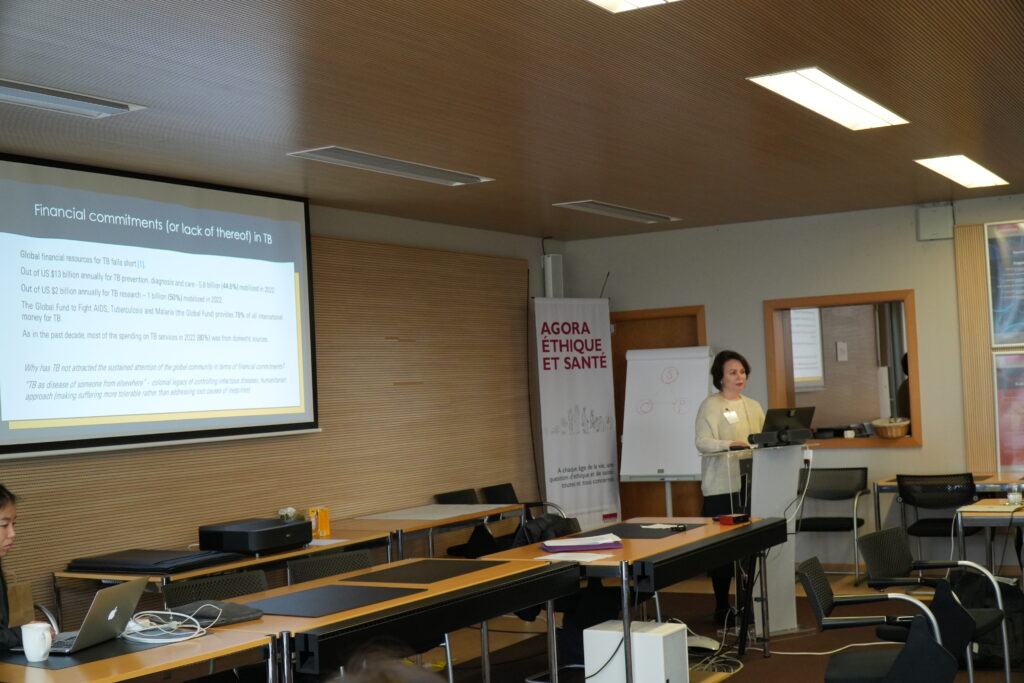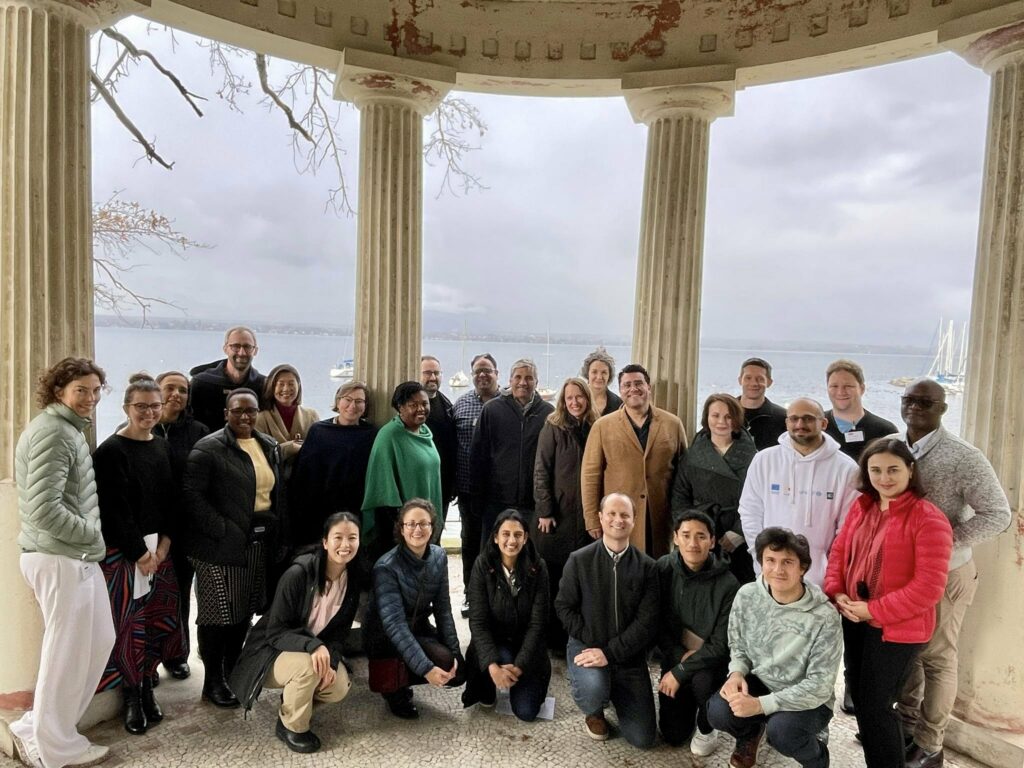Post
Published on March 22, 2024
Originally published by Social Science & Health Innovation for Tuberculosis (SSHIFTB) Centre Initiative (1 February 2024)
Tuberculosis (TB) prevails most in LMICs and socially marginalized groups in higher-income countries. Airborne transmission means that it most affects people who live and work in overcrowded conditions, many of whom are financially disadvantaged, or are migrants, refugees, prisoners, and the homeless. Its etiology renders it most common among immunocompromised individuals such as those living with HIV, diabetes, and malnutrition, and those who use tobacco and alcohol, conditions also associated with socioeconomic vulnerability. However, social, structural, and economic drivers of disease – that raise questions of social and ethical relevance – are often ignored–. TB needs to be comprehensively addressed, and person-centred, equity-oriented approaches to TB care, that draw on the values of shared decision-making and self-determination, need to be universally applied across the TB care cascade, to substantially reduce the burden of disease.
To provide such a reorientation on TB, a SSHIFTB workshop titled “Building Social Equity and Person-Centred Innovation in the Global End TB Response” was held at Brocher Foundation in Geneva from November 20-22, 2023. The workshop brought together individuals from various fields, such as social scientists, TB-affected community members, policymakers, funders, and technical agencies, to critically examine proposed approaches, operationalization mechanisms, and funding schemes to achieve person-centred care and equity. Another key aim was to develop a social science research agenda for TB that is centred on equity. A total of 26 participants from across the globe attended the three-day workshop, with representatives from global agencies such as WHO, GFATM, Stop TB Partnership, ILO, and FIND joined the dialogue also joining on the third and final day.
The workshop focused on the inequity problem in TB, exploring various disciplinary lenses, identifying different forms of equity at play, and discussing metrics for equity. It also discussed social science-inspired solutions, delving into interventions across diverse domains, the relationship between social sciences, equity, and communities, and the intersection of equity and financial considerations—the workshop’s final day to create space for social sciences in TB decision-making.
This workshop aimed to disrupt the mainstream TB scientific discourse by focusing on TB as a social inequity problem. The anticipated outcomes of the workshop are far-reaching. The participants envisioned a future where TB policy and programming are framed with a clear focus on equity. Among the expected outcomes were a critical review of global TB policies, identification of equity and person-centred TB care exemplars, and the development of new research questions and methodologies. The workshop also aimed to establish strategies for systematizing social science evidence and creating a platform for interdisciplinary knowledge sharing.
In conclusion, the SSHIFTB workshop successfully navigated the complexities of TB as a social inequity problem. By fostering direct discourse among public health professionals, donors, social scientists, the TB-affected community, TB practitioners, and global agencies, the workshop set the stage for a critical research agenda. The collaborative efforts initiated during these three days are poised to drive transformative changes, paving the way for a more equitable TB care system on a global scale. The workshop was supported by two grants from the Brocher Foundation and an SSHRC connection grant.
Themes | Global Health Foresighting |
Status | Active |
Related Work | |
Updates |
N/A
|
People |
Amrita Daftary, Faculty Fellow, Faculty of Health - Active
Yuliya Chorna, Dahdaleh Global Health Graduate Scholar, Faculty of Liberal Arts & Professional Studies - Active Pushpita Samina, Program Officer, Social Science & Health Innovations for Tuberculosis - Active |
You may also be interested in...
Black History Month 2023: Black Resistance
A series of panels remembering achievements in the face of struggles. Black History Month is a distinct period for honouring history, negotiating current realities, and imagining potential futures for Black communities. In recent years, the Harriet ...Read more about this Post
Don't Miss Our Winter 2023 Lineup of Events
Join us for a winter semester packed with insightful seminars from inspiring global health researchers at the Dahdaleh Institute: How to Influence Public Policy...What Happens When You Leave the Room? with Jean-Jacques RousseauGlobal Environmental Changes, ...Read more about this Post
York U profs with Global Strategy Lab push ambitious 1–10–100 unifying goals on antimicrobial resistance ahead of crucial UN meeting
Originally published by News@York (18 September 2024) Researchers share goals of using a One Health-approach, to save 10 million lives and aim for 100 per cent sustainable access to effective antimicrobials in new policy paper ...Read more about this Post




